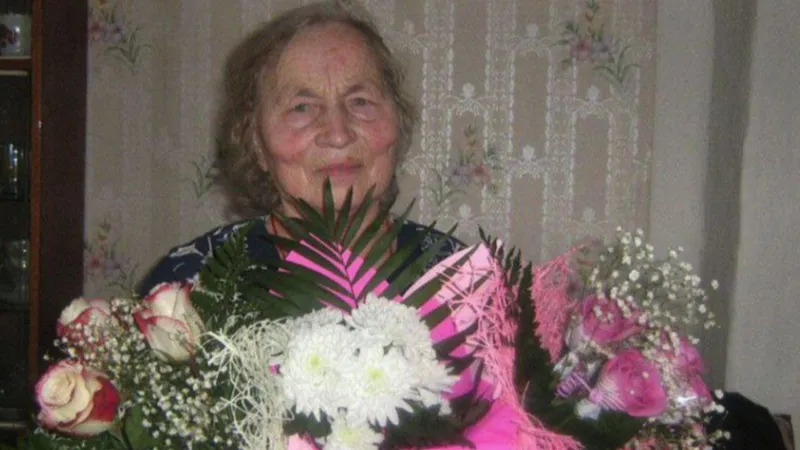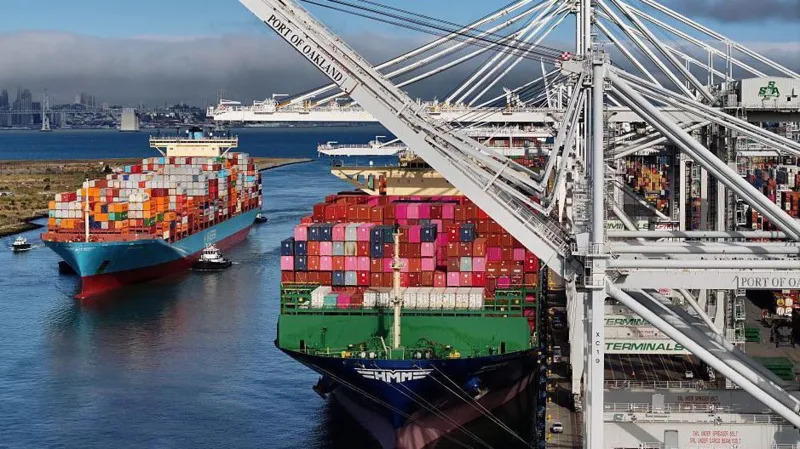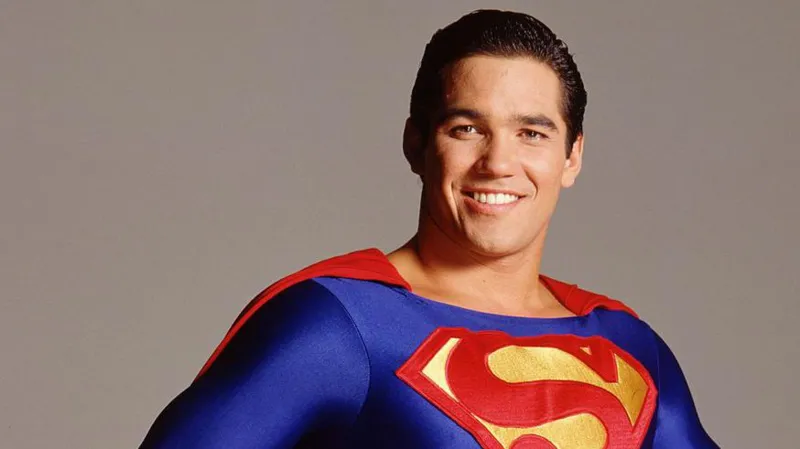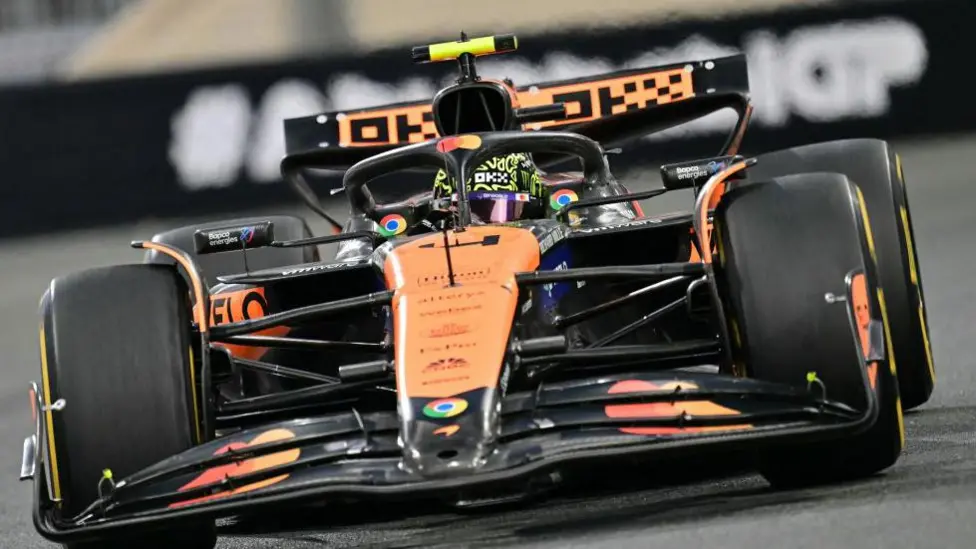Russian woman's killer released for second time to fight in Ukraine
A Russian murderer who was released from prison to fight in the war in Ukraine, only to then kill an elderly woman, has been released a second time to return to the front, according to relatives of the woman.

“Grandma’s killer has escaped punishment for his crime – again – and has gone to fight in the war,” Anna Pekareva, the granddaughter of Yulia Byuskikh, told the BBC.
In 2022, Ivan Rossomakhin was released from prison, where he was serving a 14-year prison sentence for murder, to join the Wagner mercenary group.
He was later allowed to return home to the district of Vyatskiye Polyany in Russia’s Kirov Region. There, he attacked and killed 85-year-old Yulia in her own house.
Russian convicts released to fight with Wagner accused of crimes
The killing was one of several committed by criminals who had been released from prisons all over Russia to join the Wagner group.
In April this year, 29-year-old Rossomakhin was found guilty of Yulia’s rape and murder and sentenced to 22 years in a high-security prison, later increased to 23 years. The court noted that the killing "involved extreme brutality".
But Anna says the prison governor has now notified the family that Rossomakhin was released on 19 August – just one week after the start of his sentence.
“My first reaction was terror. I read the forensic reports and I know what this person did to my grandmother. It’s monstrous that he has been released again,” says Anna, adding: “The fact that this is happening in the 21st Century... there are no words that can describe what’s happening!”
An official document seen by the BBC, signed by the prison governor, states that the inmate was released in connection with a specific Russian law that allows the military to recruit convicts to send to the frontline.
Document signed by prison governor that details Rossomakhin's release
It’s the second time the convicted murderer has been let out of jail in order to fight in Ukraine.
Shortly after the start of the full-scale invasion, Yevgeny Prigozhin’s Wagner mercenary group began recruiting convicts from prisons to fight in Ukraine. If inmates agreed to sign up, they would receive an official pardon from Russian President Vladimir Putin.
Thousands of rapists, murderers and other criminals, including Ivan Rossomakhin, were released from incarceration and sent to the frontlines, where many were killed during brutal assaults on Ukrainian cities such as Bakhmut.
After Prigozhin’s failed mutiny last year, when thousands of Wagner mercenaries marched on Moscow, enlisting inmates from prisons was taken over by the Russian military. The practice was formalised in an official federal law in March this year, and recruitment now appears to be intensifying.
Under the law, convicted criminals who sign up to fight have their remaining sentences suspended for the duration of their military service. Some could even receive an official pardon if they win awards, for example for "bravery" on the battlefield.
The Russian Embassy in London did not respond to a request for comment on the practice of releasing dangerous criminals to fight in Ukraine.
Ukraine has also released some prisoners to fight at the front, though people convicted of murder or sexual offences are not eligible. Ukrainian Deputy Justice Minister Olena Vysotska told the AP news agency earlier this year that up to 3,000 prisoners have joined the military.
A grinding offensive by Russian forces in Ukraine’s Donbas region this year has depleted Moscow’s reserves. The UK Ministry of Defence has estimated that during two months of the operation, Russia lost as many as 70,000 men – that’s an average casualty rate of around 1,000 per day.
Regular recruitment drives are being stepped up, too. In the last year, one-off payments for volunteering to fight have risen steeply. In some cases, men are offered as much as 1.5 million roubles (£12,360) to sign up.
The Kremlin’s willingness to release highly dangerous criminals like Rossomakhin and send them to war indicates that the Russian military desperately needs more recruits.
“It’s obvious there isn’t enough manpower,” Anna says.
“The authorities don’t give a damn about peaceful civilians if they allow people who have committed serious crimes to be exonerated and let out of prison. It tells us that no-one can feel safe in Russia.”
Anna says Rossomakhin’s release means her family are now in extreme danger: “If he comes back he’ll try and take revenge on us – for our efforts to ensure he got a life sentence.
She says she wants to leave the country, and other family members will go into hiding.
“It's frightening that he’s not the only one. Even if he doesn’t return, how many more murderers and psychopaths are out there walking around?”
-BBC







